DUI Checkpoints NJ: Understanding N.J. DUI Checkpoints
DUI checkpoints in New Jersey have been on the rise over the past few years. Looking for insights on NJ DUI checkpoints and drunk driving checkpoints? This article (and other linked pages) about NJ DUI checkpoint laws will assist you in grasping the whereabouts of these NJ state police DUI checkpoints or local area police roadblocks near me.
DUI checkpoint rights NJ. For those not already arrested for DWI in NJ, by reading this article, you can anticipate what might happen when approaching one and know what to do and not do at a DWI checkpoint.
Are DUI checkpoints legal in NJ? Yes, their legality has been accepted by the New Jersey appellate courts, following the U.S. Supreme Court’s 1990 decision in Michigan Dept. of State Police v. Sitz, 496 U.S. 444 (1990).
This was a United States Supreme Court case involving a 4th Amendment legal challenge to the constitutionality of police sobriety checkpoints. The High Court held 6-3 that these checkpoints met the Fourth Amendment standard of “reasonable search and seizure.”
Do I Have to Show My License at A DUI Checkpoint in NJ?
Yes, you do. Anyone driving a motor vehicle on New Jersey highways without their plastic license can be cited for not having that legal document.
Knowledge is power when it comes to asserting your legal rights, and comprehending the legalities associated with DUI checkpoints NJ law can help you “limit” the evidence police collect against you.
Learning about your constitutional rights to remain silent at a police checkpoint can help you keep abreast of your obligations and privileges regarding New Jersey DUI checkpoints. This DWI lawyer directory can connect you with a knowledgeable and skilled criminal defense legal advocate to assist with a DWI case anywhere in the Garden State.
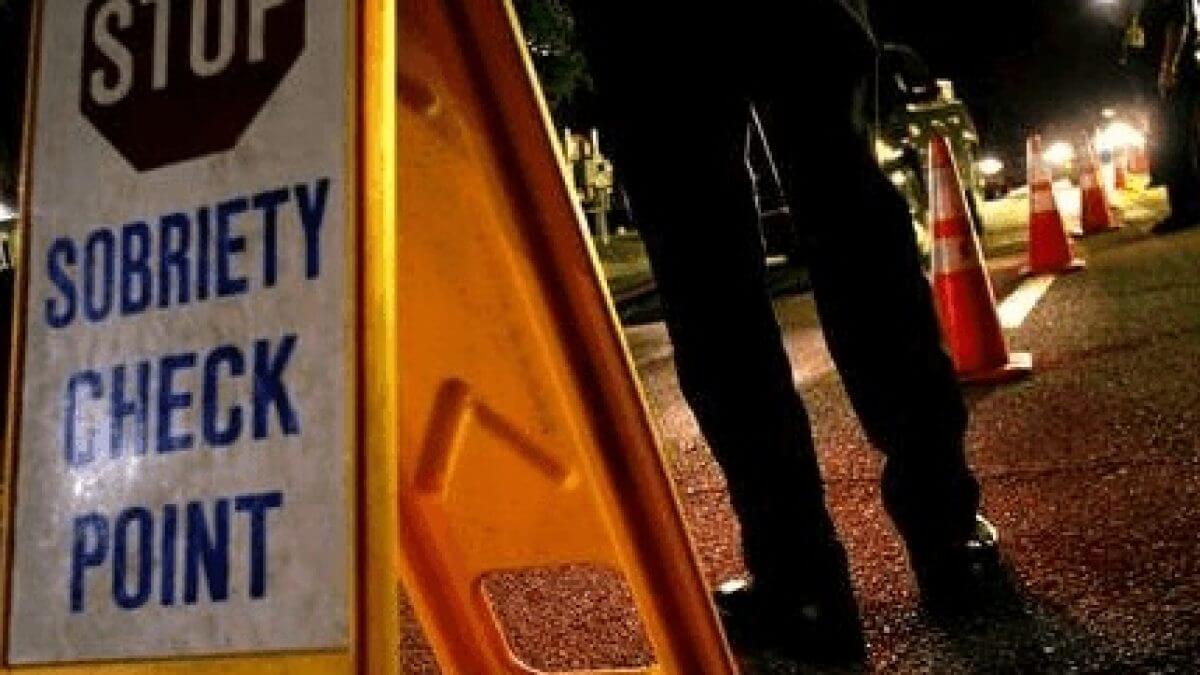
While many people expect to encounter police checkpoints in big population areas like Newark, Jersey City, Paterson or Lakewood, the realities are that the larger cities are often short of police personnel to be able to deploy multiple officers for a roadblock to be set up. This article tells you more about some hotspots for check points in the Garden State.
Rights and Responsibilities at a DUI Checkpoint in New Jersey
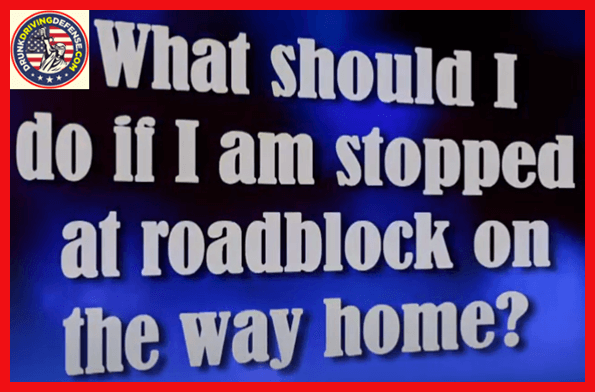
It is imperative for drivers to be aware of their legal protections when encountering a DUI or sobriety checkpoint. When halted, while you must provide your license, proof of insurance, and vehicle registration upon request, consenting to inquiries that may self-incriminate is not mandatory.
At the point where police officers conduct field sobriety tests by the roadside, remember it’s within your rights to decline participation. Despite this option for refusal, maintaining courteous cooperation with law enforcement by complying with basic commands issued by officers remains essential.
Remember that without reasonable cause or explicit permission from you as the driver, police are not authorized to conduct searches inside your vehicle. They can only visually scan for anything outlandish within view. Being equipped with knowledge about these entitlements ensures readiness on how best one should behave during such checkpoints — safeguarding individual legal interests effectively.
The License Loss Consequences of Refusing Tests at a DUI Checkpoint
At a D.W.I. checkpoint, declining to participate in sobriety assessments can lead to serious legal and financial repercussions. Under New Jersey’s implied consent law, drivers are obliged to submit to a breath test when there is suspicion of driving under the influence. A refusal may bring about consequences such as losing one’s driving privileges for up to a year and being required to attend educational programs.
Those who opt not to undergo the breathalyzer at checkpoints face monetary sanctions alongside mandatory participation in programs provided by the Intoxicated Driver Resource Center (IDRC). It’s possible that an individual who declines this test at a checkpoint could be charged with a DUI even without evidence of actual impairment from substances.
Reading about these potential outcomes highlights why it is critical for drivers at checkpoints (regardless of their perceived state of impairment) to be polite but only comply with requests for post-arrest sobriety testing, and not the optional and voluntary testing done before being cuffed.
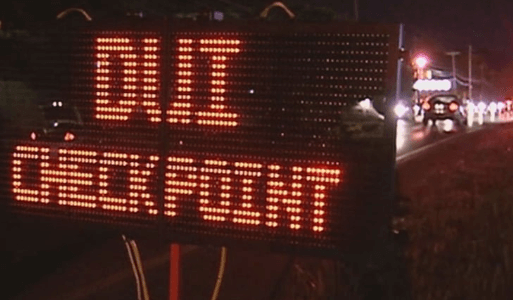


The High Importance of Securing Legal Representation
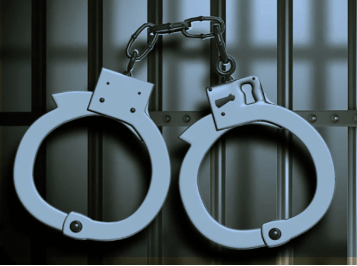


Engaging the services of a specialized DUI attorney can reduce the anxiety associated with navigating court processes. The investment in such legal representation may lead to financial savings by averting expensive trials and reducing the necessity for multiple court visits.
When facing charges stemming from a DUI at a checkpoint, their proficiency becomes indispensable. A knowledgeable DUI lawyer will guide you through the complexities of the legal system and enhance your prospects for achieving a positive result.
Call Now For A DUI Lawyer in New Jersey Near You
Call 1-888-839-4384 today to get connected with one of the top-rated DUI lawyers in New Jersey near you! Drunk Driving Defense has some of the most successful and highest-rated DUI attorneys in New Jersey on our roster.
To Summarize the Takeaways from this Article
Understanding the intricacies of DUI checkpoints in New Jersey is crucial for motorists. A clear grasp of both your legal rights and obligations can greatly assist you during such stops, helping to prevent avoidable complications with law enforcement.
This guide aims to equip you with detailed knowledge on how to act if stopped at a checkpoint or in the event that you are arrested. So, when encountering upcoming DUI checkpoints in Hunterdon County NJ today or DUI checkpoints set up by the Monmouth County DWI Task Force in Monmouth County NJ, if you had read the relevant pages on this website, you would have known that this is an aggressive location for DWI check points.
It’s essential for drivers encountering these checkpoints to remain silent until they can talk to a DWI lawyer. adhere to straightforward requests made by officers, while also being aware of their own right to decline attempting to perform field sobriety tests.
No repercussions can come from declining these non-scientific tests, but not taking the post arrest “implied consent” test can lead to harsh license suspension repercussions by not submitting to these tests. Being proactive about knowing where upcoming DUI check points will be located is your best starting point.
Approaching DWI sobriety checks with an awareness of your legal rights ensures that you will not inadvertently self-incriminate. Thus, having insight into these warrantless police interdiction processes enables individuals not only to safeguard their own liberties, but also to only do the minimum at the roadside and while initially detained.
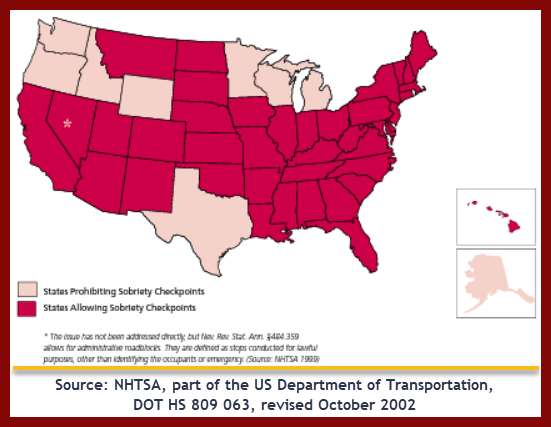


If arrested, securing experienced legal counsel in New Jersey is your best plan. Dial our toll free number 24 hours a day, if you need guidance. It is 1-888-839-4384. If you cannot afford private legal counsel, you positively need to have a public defender in your corner for any DWI related judicial proceedings.
More New Jersey DUI Checkpoint Resources
If you’d like to learn more about DUI checkpoints in New Jersey, read some of our informative articles below. We explore many different aspects of New Jersey DWI laws so that we can answer any questions you may have.

